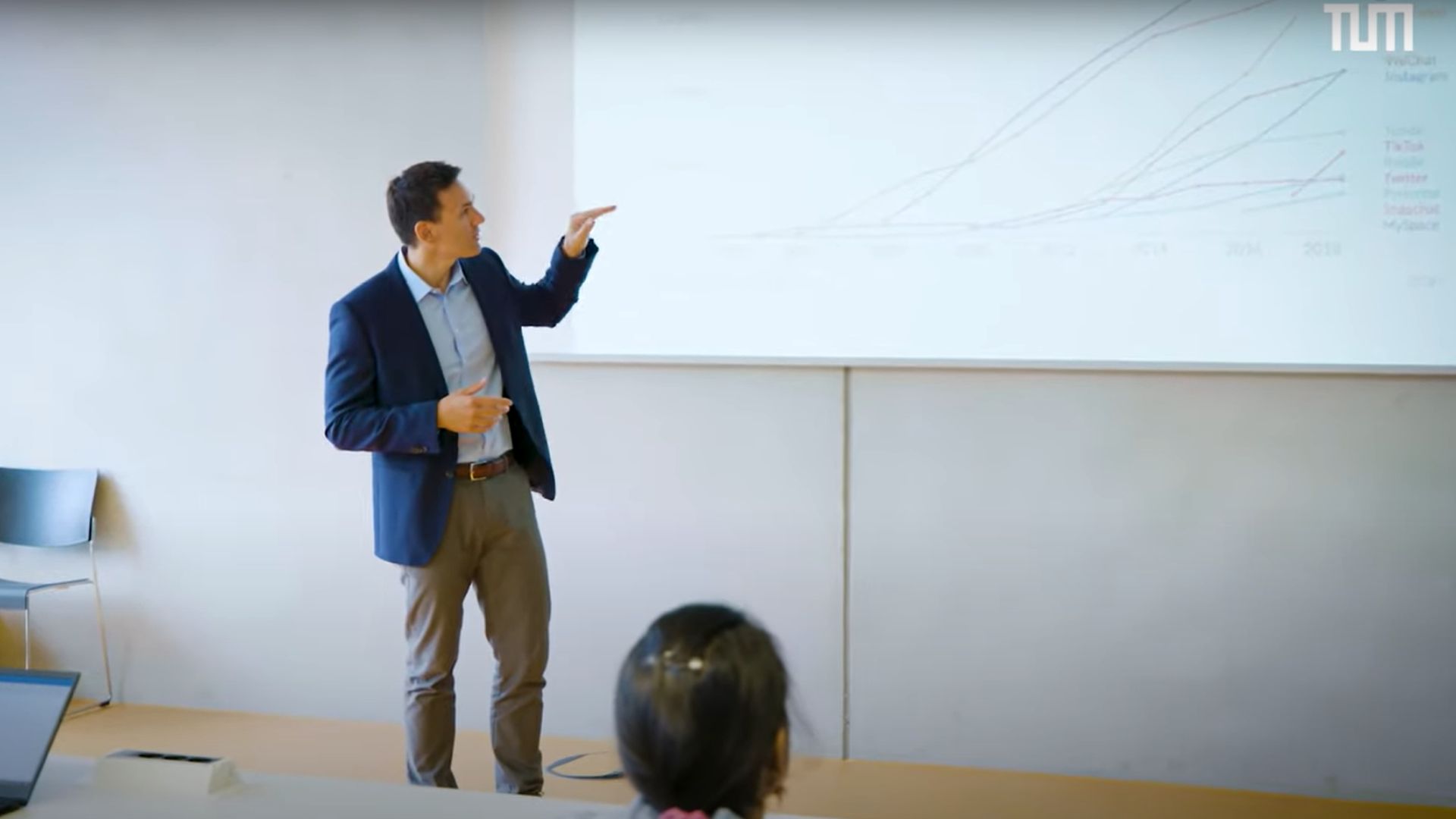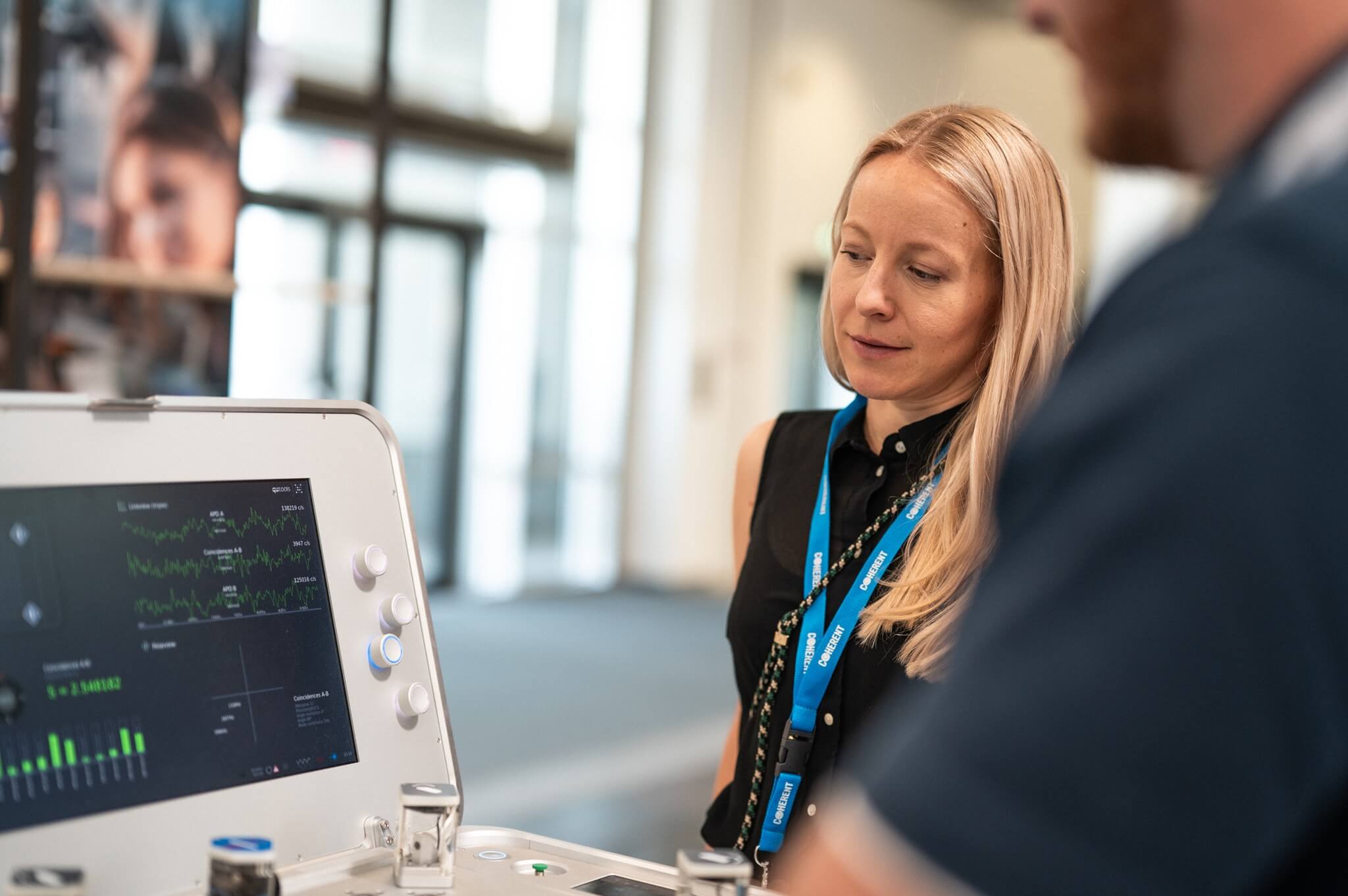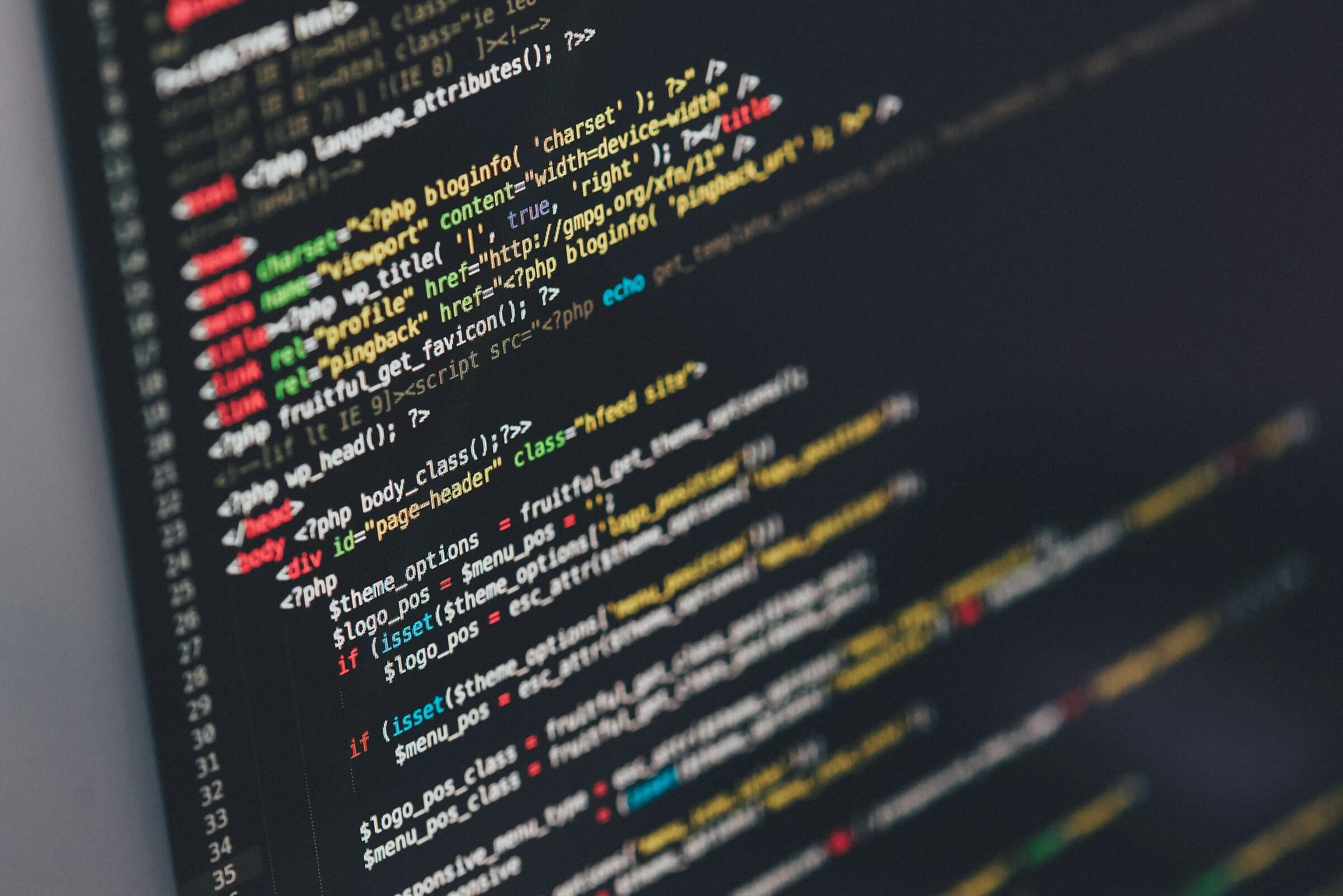Data Science in Political communication
| Language: | English |
| Location: | Munich, Online |
| Duration: | 7 days in 6 weeks |
| Start: | On request |
| Cost: | On request |
Digital media have changed how we communicate, interact, and absorb information. Social media technology is still relatively new. However, it has already influenced various violent protest movements and highly polarized elections, especially in the USA.
In this program, you will learn about the importance of social media for our democracy and how data science methods can help us analyze the data generated by the platforms.
This course is only offered for companies with at least 15 participants.
In this program, you will learn about the importance of social media for our democracy and how data science methods can help us analyze the data generated by the platforms.
This course is only offered for companies with at least 15 participants.
Quick Info
Here you will find all the information you need for this course.
Navigation
Benefits
01
1
Understanding data
You will gain insights into the generation of social media data and learn how data science methods can be applied to analyze and use it in political communication.
02
2
Practical training and application of data science
The program offers hands-on training in social media data visualization, data analysis tools, and developing campaign management scenarios based on elections and protest movements. The introduction to the programming language R will enable you to conduct simple data analyses directly on the job from social media.
03
3
Expertise and networking
You will be able to learn from experts from academia and business and expand your professional network. The combination of professionals and students from different European universities enriches the program with different perspectives and enables an international view of the topic.
04
3
Combination of evidence-based and practical knowledge
Through an evidence-based and practical examination of social media data, various political processes can be critically examined. This includes increased individual political participation, the transformation of social movements such as #MeToo and #BlackLivesmatter, the expansion of election campaigns using micro-targeting, and the change in journalistic practice and political communication in general.
Analyze social media data in political communication
This program introduces the use of data science methods to analyze social media data in political communication for those without a technical, IT or mathematical background.nd richtet sich an Personen ohne technischen, IT- oder mathematischen Hintergrund.
Program Overview
You can find all the important information about the certificate program here. Below you can find out the objectives of the program, the exact details of the process, what you will learn and which lecturers will teach you the content.
Learning Objective
Here you will find information on the aims of this course and its content.Details
Here you will find information on dates, requirements and other general conditions for the certificate program.Lecturers
Get to know our experienced lecturers who will teach you the certificate content and with whom you will work.Structure
Find out how the program is structured and what content you can expect.Request for the latest information on the Data Science in Political Communication Certificate Programme
"*" indicates required fields






